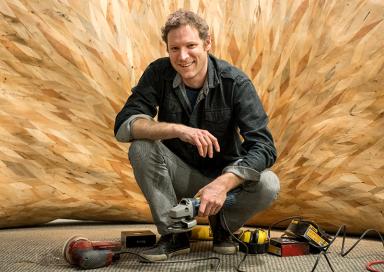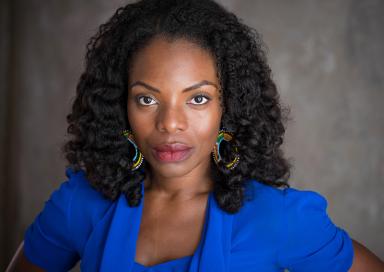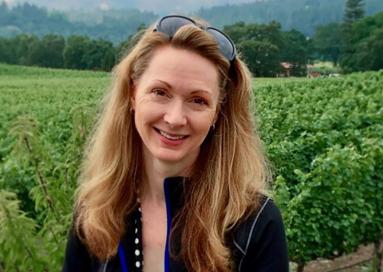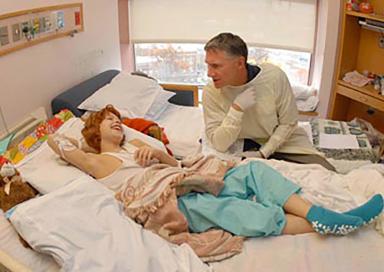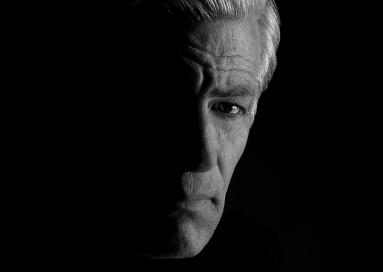Cool Classes
Dartmouth creates a rich academic culture imbued with critical thinking and creativity, one that promotes experimentation, reflection, learning, and leadership. But don't take our word for it. We asked our students to tell us about some of their favorite arts and performing arts courses.
Academics at DartmouthDartmouth Arts NewsStudying the Arts at Dartmouth




